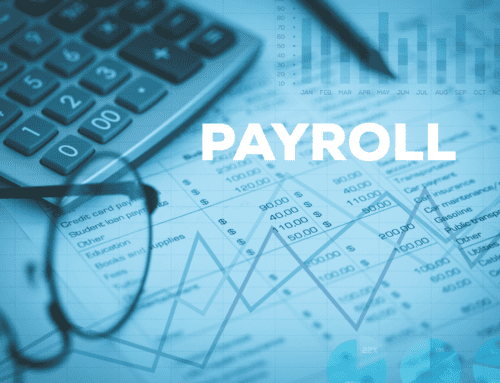
Sometimes the ideal job comes with a less-than-ideal commute. From money spent on gas to lost time to the mental toll of sitting in traffic, commuting costs a lot. Luckily, there are a few things you can do to save.
Avoid Rush Hour
Time spent in the stop-and-start of rush hour traffic burns a lot of gas (and chips away at a person’s patience). Anything you can do to cut down on that makes a big difference. Consider asking your manager if you can shift your work day up a little–coming in and leaving a bit earlier. Even a small change can help you miss peak commute times and, thus, beat some of the traffic.
If that isn’t an option, or if a small change won’t make a big enough difference, you can also shift your commute by running errands near work rather than near your home. Need groceries? Grab them at the store by the office after work. Have to buy a birthday present? Shop after work. Hopefully, traffic will have moved past its stop-and-go peak by the time you finish. And looping all your trips into one saves unnecessary gas going back and forth from your home.
If you absolutely cannot avoid leaving during rush hour, try taking routes that avoid the heaviest traffic, which will likely mean something much more roundabout. Even if the distance is technically longer, it will likely save you gas and sanity if you aren’t constantly idling your car.
Carpool
Even if it’s just one or two times per week, carpooling to work with a coworker or two can save you big bucks. Ideally, you’d find people who live within or close to your neighborhood or already on your way, but small detours can still save more than you’re spending. And who knows, this may be your chance to build unexpected friendships with people in different departments.
Take Advantage of Public Transportation
Public transportation is usually safer and cheaper than driving your car. If you live in an area where it’s possible, look into a bus or train pass. Generally, the most effective way to save money with public transportation is to buy monthly or yearly passes with options to ride as often as you want, rather than paying per ride. Just make sure you’re using it enough to justify the cost. Plus, when you aren’t the one driving, you reclaim time to decompress on the way home by reading a book, scrolling on social media, or simply looking out the window.
Work From Home
Covid changed the way that we work, potentially forever. Far more industries than ever before now offer hybrid or fully remote work options. Along with more freedom to define your schedule, working from home saves employees the cost of commuting to and from an office. If you think this is a good fit for you and your position, discuss implementing a hybrid work schedule or even shifting to remote work full-time with your manager. Even if your manager agrees, don’t be surprised if you need to do it on a trial period first to prove that it doesn’t negatively impact your work.
Upgrade Your Fuel Efficiency
If you must drive to work, you can cut down on costs by making sure you’re as fuel-efficient as possible. Small changes to how you drive and treat your car can increase your miles per gallon–get regular tune-ups, avoid stopping and starting as much as possible, keep your tires properly inflated, and reduce unnecessary cargo weight. While these things are small, they can add up when done five days a week for an entire year.
A bigger change you can make is to upgrade your vehicle to one that’s more fuel-efficient. Of course, if you’re looking to save money, adding a large monthly payment may not be the best option. But if you can make it work in your budget, a hybrid or electric vehicle may save you a lot in the long run.
A long and frustrating commute can do major damage to your budget and mental health. These tips can help make your commute to work much easier to handle, making you more focused and productive at work, and better able to transition to your personal life once you’re done.
While we hope you find this content useful, it is only intended to serve as a starting point. Your next step is to speak with a qualified, licensed professional who can provide advice tailored to your individual circumstances. Nothing in this article, nor in any associated resources, should be construed as financial or legal advice. Furthermore, while we have made good faith efforts to ensure that the information presented was correct as of the date the content was prepared, we are unable to guarantee that it remains accurate today.
Neither Banzai nor its sponsoring partners make any warranties or representations as to the accuracy, applicability, completeness, or suitability for any particular purpose of the information contained herein. Banzai and its sponsoring partners expressly disclaim any liability arising from the use or misuse of these materials and, by visiting this site, you agree to release Banzai and its sponsoring partners from any such liability. Do not rely upon the information provided in this content when making decisions regarding financial or legal matters without first consulting with a qualified, licensed professional.


![Envelope Budgeting [Cash vs. Digital]](https://b3271481.smushcdn.com/3271481/wp-content/uploads/2024/04/evenvelop-budgeting-1-500x383.png?lossy=2&strip=1&webp=1)
